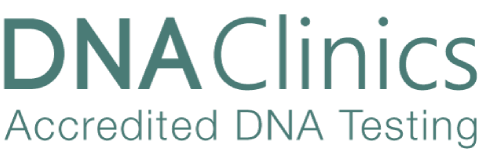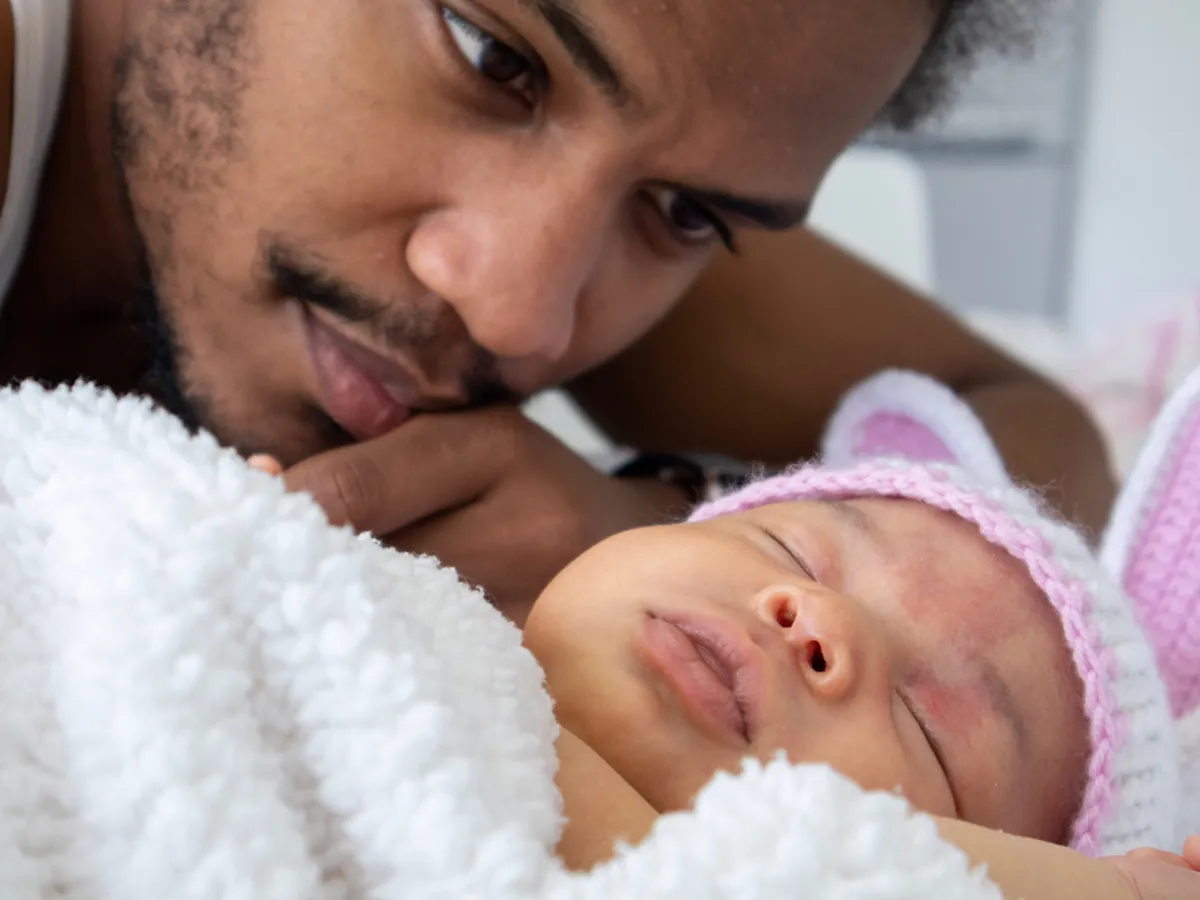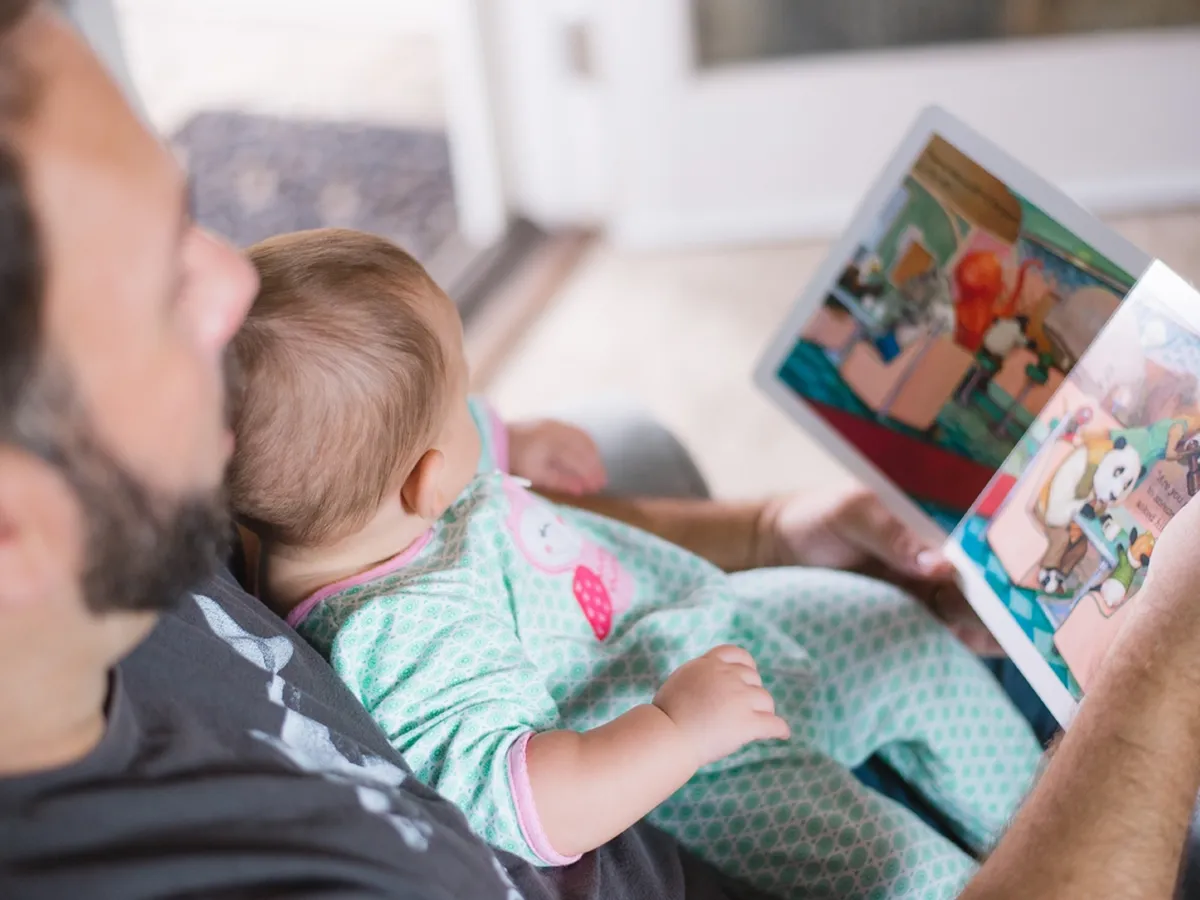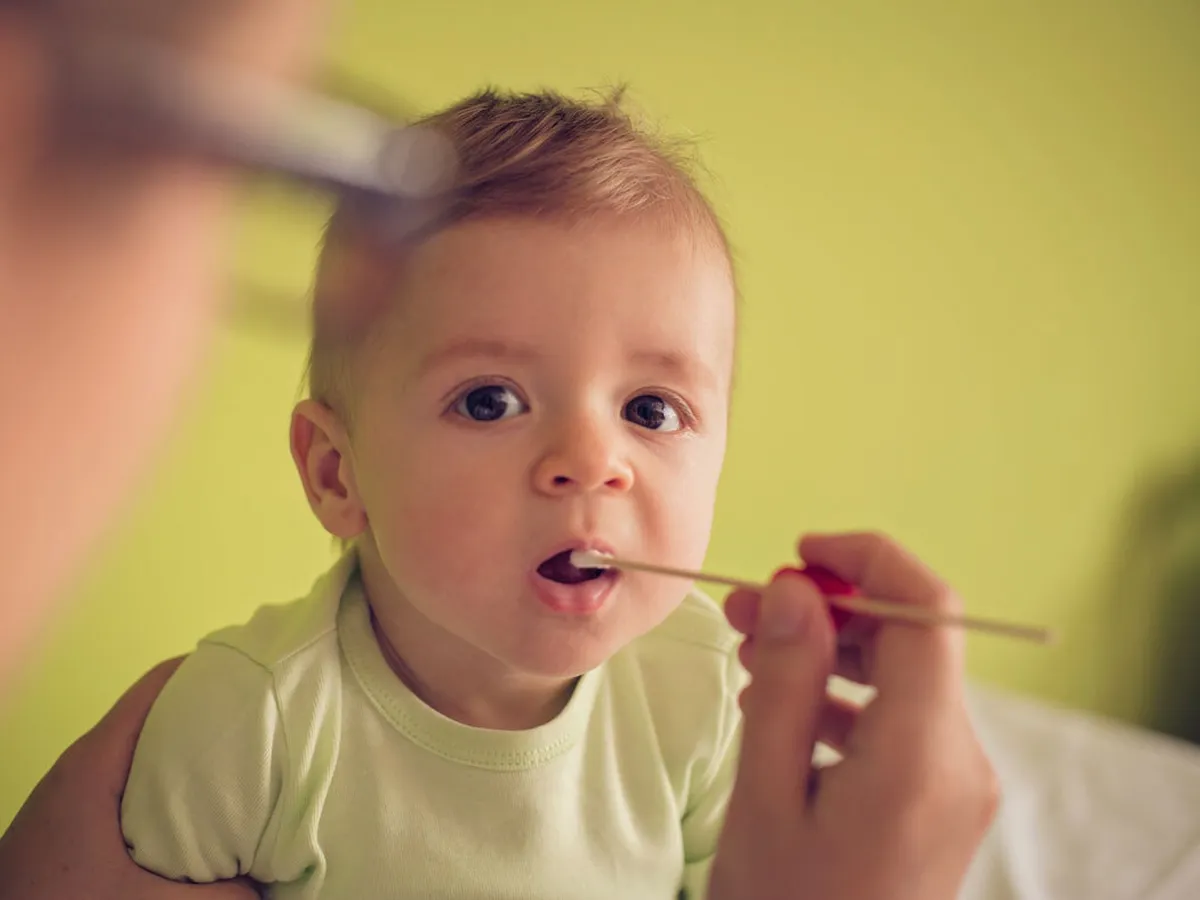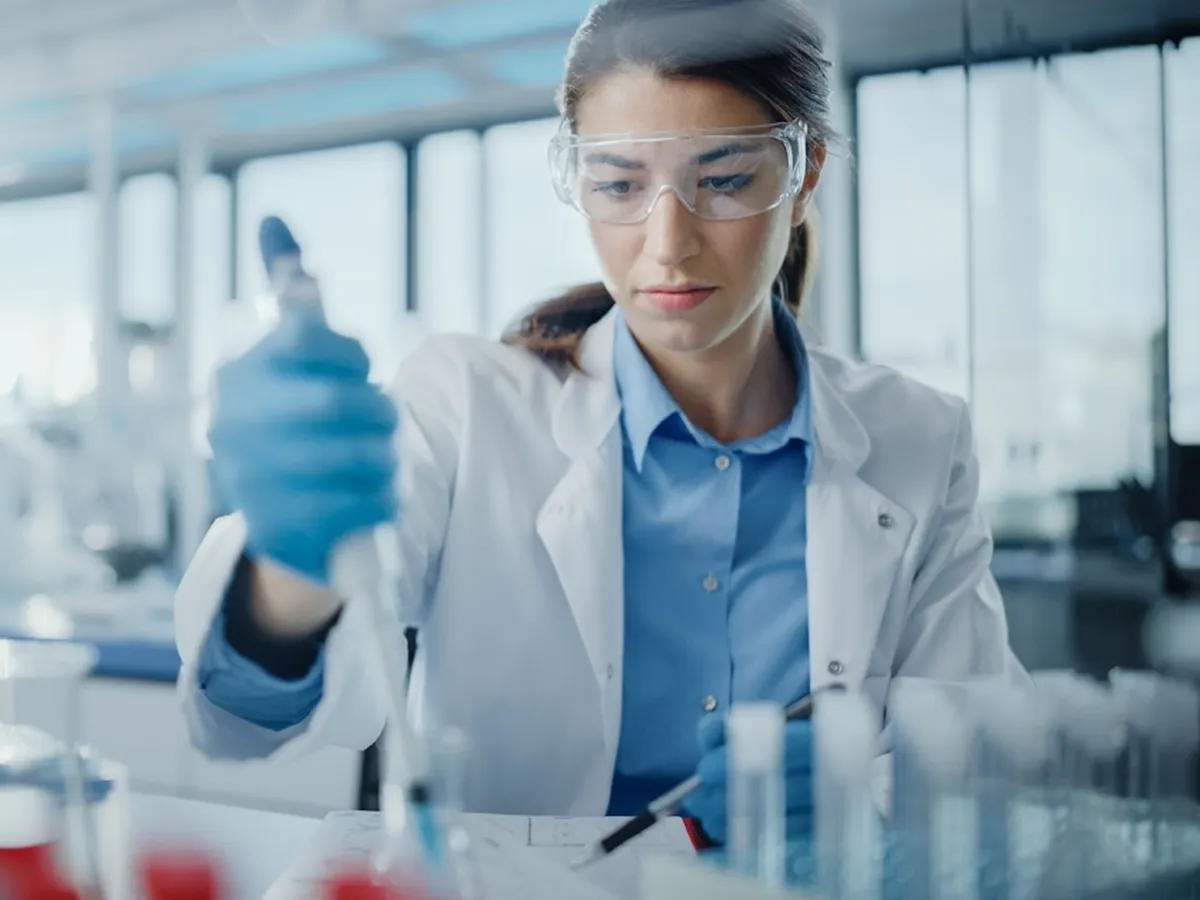Paternity testing related fathers
Is paternity DNA testing possible if potential fathers are related?
A common question relating to paternity testing is if potential fathers can still be tested even if they are related to one another? In this article, we discuss if it is possible to get an accurate result from a paternity DNA test when two possible fathers are related. Even if they are brothers, cousins or father and son.
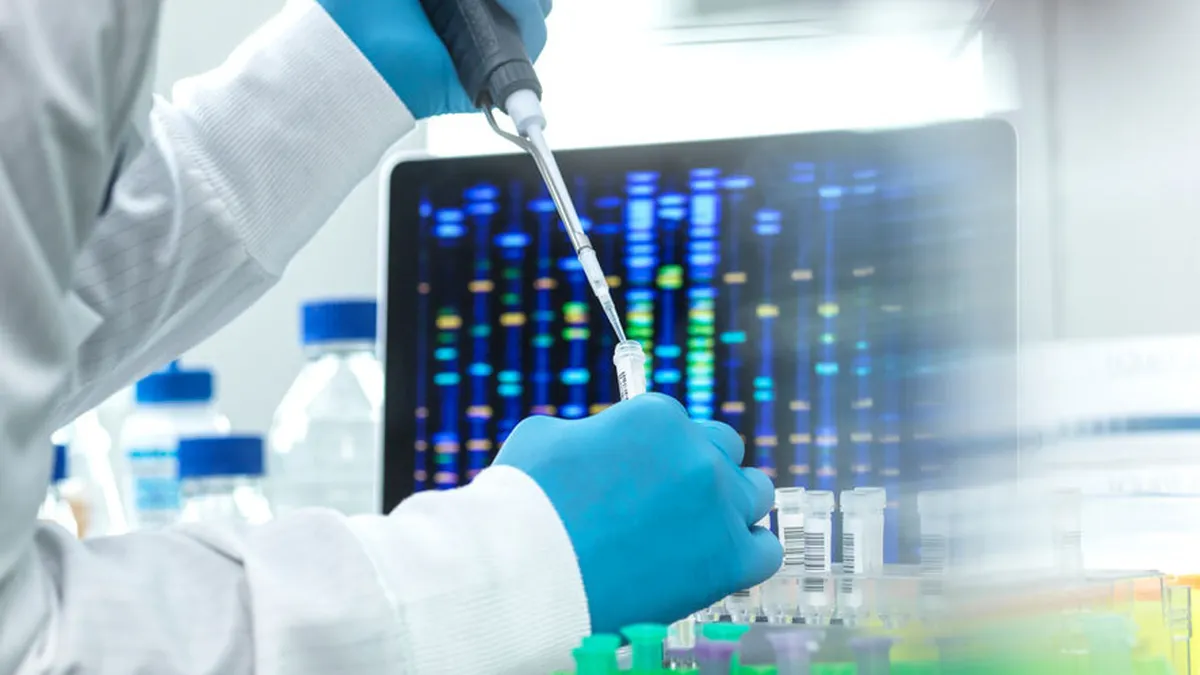
Establishing paternity for related fathers
In a situation where the two alleged fathers of a child are relatives, then depending on their biological relationship, they will share some DNA. For some relationships such as full siblings, this can be as much as 50%. As a result, this means that when testing related fathers to determine the paternity of a child, at least half of their DNA is different. Therefore, it is possible to establish the probability of paternity, as the biological father of the child will share identical sections of DNA at each marker. Whereas the relative who is not the biological father will not share enough DNA with the child to determine a relationship.
Importantly, to achieve an accurate result, we strongly advise including both potential related fathers in the paternity test. If this is not possible, an exclusion (not the biological father) result would be accurate, but an inclusion (is the biological father) may be due to the existing potential relationship i.e. uncle rather than father. The laboratory will also include the probability of either scenario, but we must be made aware that potential fathers are related.
What if potential fathers are brothers?
Whether the related fathers are full or half-siblings, it is still possible to establish the biological father of a child. As mentioned, full siblings will share approximately 50% of their DNA. Whereas brothers who are half siblings are likely to share less DNA, approximately 25%. In addition, we recommend that the child’s biological mother is included in the paternity test. This will allow the scientists in the laboratory to identify the specific maternal markers passed on to the child.
What If potential fathers are twins?
In a situation where related fathers are twins, this will depend on what type of twins they are. If the potential fathers are non-identical twins, or also known as dizygotic (formed from two separate fertilised eggs), they will share the same amount of DNA that full siblings will. As mentioned above, this is 50%.
However, identical twins, also known as monozygotic (formed from a single fertilised egg), share all their DNA. As a result, it is not possible to determine the paternity of a child when the two potential fathers are identical twins.
What if potential fathers are father and son themselves?
Again, as with brothers and non-identical twins, because father and son only share 50% of their DNA, it is still possible to establish paternity accurately.
What if potential fathers are cousins?
The same logic applies for when potential fathers are cousins. In addition, because the amount of DNA that first cousins share is only around 12.5%, the substantial amount of DNA differences mean we can distinguish with greater accuracy which relative is the father of the child being tested.

Is there anything else to consider when performing a paternity test when the potential fathers are related?
First, you must inform us of any potential relationships between the fathers being tested. If you don’t, this could invalidate the results of the paternity test, and lead to more costs for further testing.
Second, we always recommend that the biological mother’s sample is included in a paternity test. As mentioned above, this allows us to identify the DNA markers passed on to the child from the mother, leaving only the biological father’s markers for analysis.
Our DNA Clinics service has been operating since 2005. As such, we have unrivalled expertise and experience when advising you on the best DNA test for your needs. In the case of related father paternity DNA testing, call and speak to one of our advisors today who will answer any technical questions you may have.
Service related articles...
Head Office
Crystal Health Group
The Old Chapel
Manchester
M30 0NG
